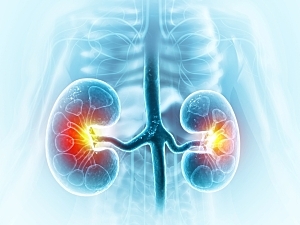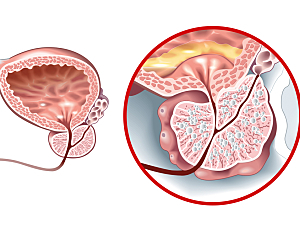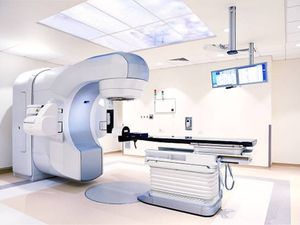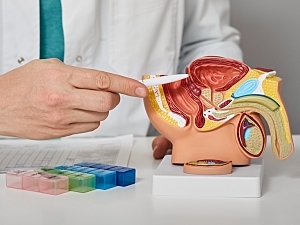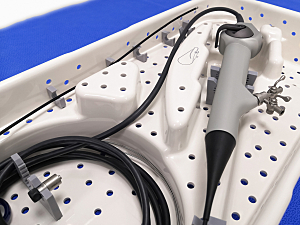Frozen Microsurgical Testicular Sperm Extraction Is Financially Feasible for Men With Non-obstructive Azoospermia

Brigham and Women’s Hospital researchers constructed a computer model for financial decision analysis of surgical approaches to testicular sperm extraction, which most U.S. residents must pay for out-of-pocket but is the only option for men with non-obstructive azoospermia who want to conceive a biological child.
Read More...


